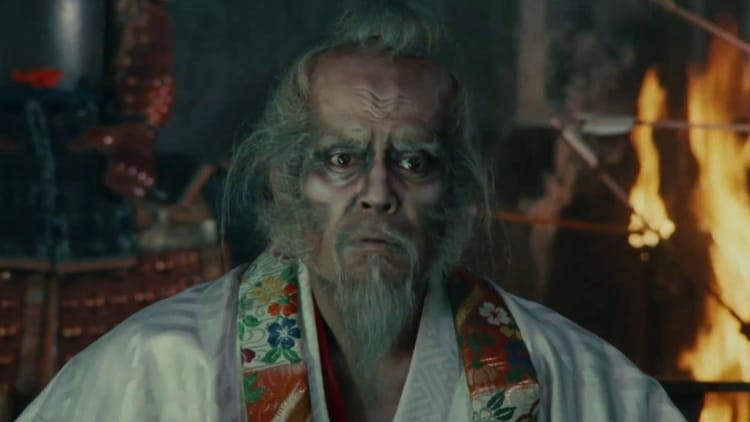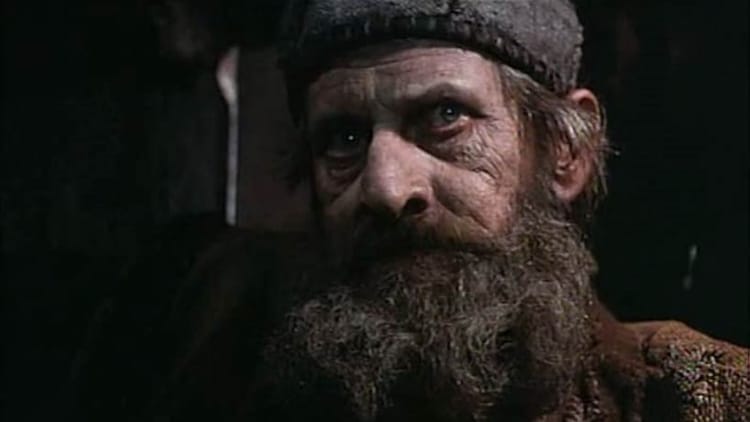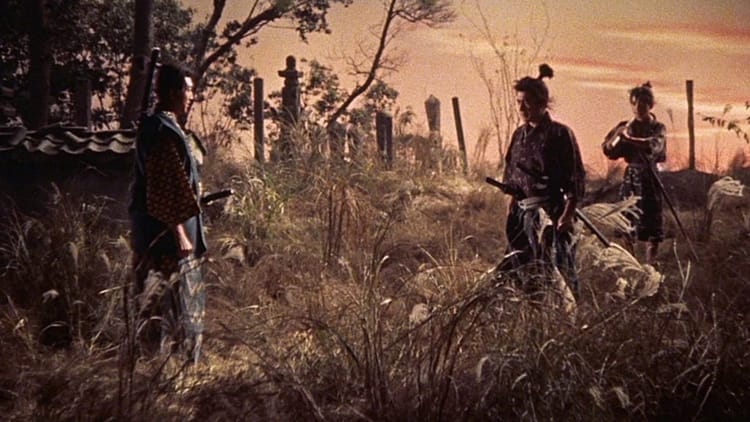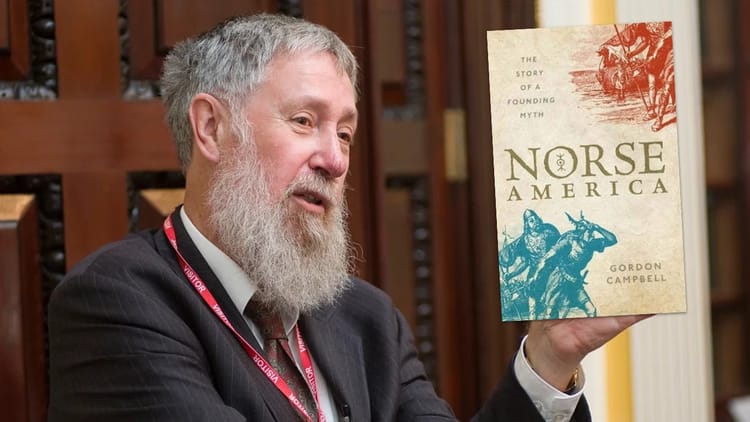Beowulf: A New Translation
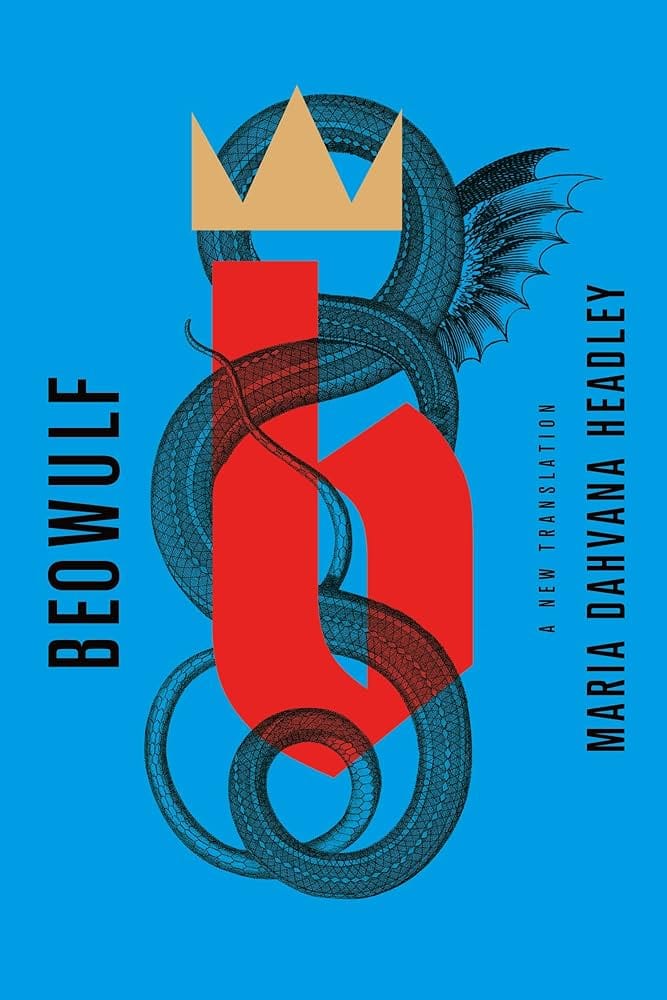
Maria Dahvana Headley doesn’t translate Beowulf—she hot-wires it. Beowulf: A New Translation doesn’t walk out of the museum in a whispering robe. No, it kicks the damn doors open in boots and a bomber jacket, flips the bird to dusty tradition, and peels off into the night in a roaring muscle car of myth. This is the Old English epic rebooted with attitude, shot full of adrenaline, and hell-bent on grabbing you by the face and yelling the saga straight into your soul.
First word? “Bro.” Yeah—Bro. That’s not just a word, it’s a warning shot. It lets you know this ride isn’t going to play nice. Where most translations open with “Hark!” or “Lo!” like they’re toasting tea in a castle, Headley’s version swaggers in like it owns the place. It’s not just modern—it’s now. And that "Bro" rewires everything. The poet’s not some dusty bard mumbling by the hearth. He’s a hype man at the edge of the brawl, bottle in hand, blood on his sleeve, and he's got a tale to tell.
The language? It flexes. Literally. Warriors don’t fight—they flex. Mead-halls aren’t noble banquet scenes—they’re “stag parties.” Grendel’s not a creature of the night—he’s a “nightmare-born border stalker” hunting “bench-warmer warriors.” The slang slaps, the metaphors punch, and the rhythm? Like a back alley drum solo. It might rattle the cages of traditionalists, but it sings in tune with the original’s raw oral fury. Beowulf, after all, was never a bedtime story—it was a fire-lit brag session with blood still drying on the blade.
But here’s the twist: beneath all the bravado, there’s depth. Headley isn’t just having fun—she’s doing work. This is Beowulf reclaimed. She shines light on the women, the outsiders, the so-called monsters. Grendel’s Mother? Not some nameless demon to slay, but a feral, grieving titan with presence. She’s rage with a cause. And the poem listens to her. It lets her speak. That’s the real power move.
Stylistically, it’s loose free verse, but it echoes that ancient drumbeat—those alliterative punches and poetic flourishes that make Old English sing. She keeps the ring structure, the heroic speeches, the asides and weird side quests, but sharpens it all with a modern blade. It’s cinematic. It’s got scale. It moves.
And let’s be clear—this isn’t for the purists clutching their side-by-sides like sacred scrolls. This is for the reader who wants to feel it. In the gut. In the bones. This is Beowulf reanimated, reloaded, and unchained.
So yeah. “Bro.” That’s the opening shot. The rest? That’s a thousand-year-old war cry, roaring through time on a trail of fire, and somehow, still bleeding.

